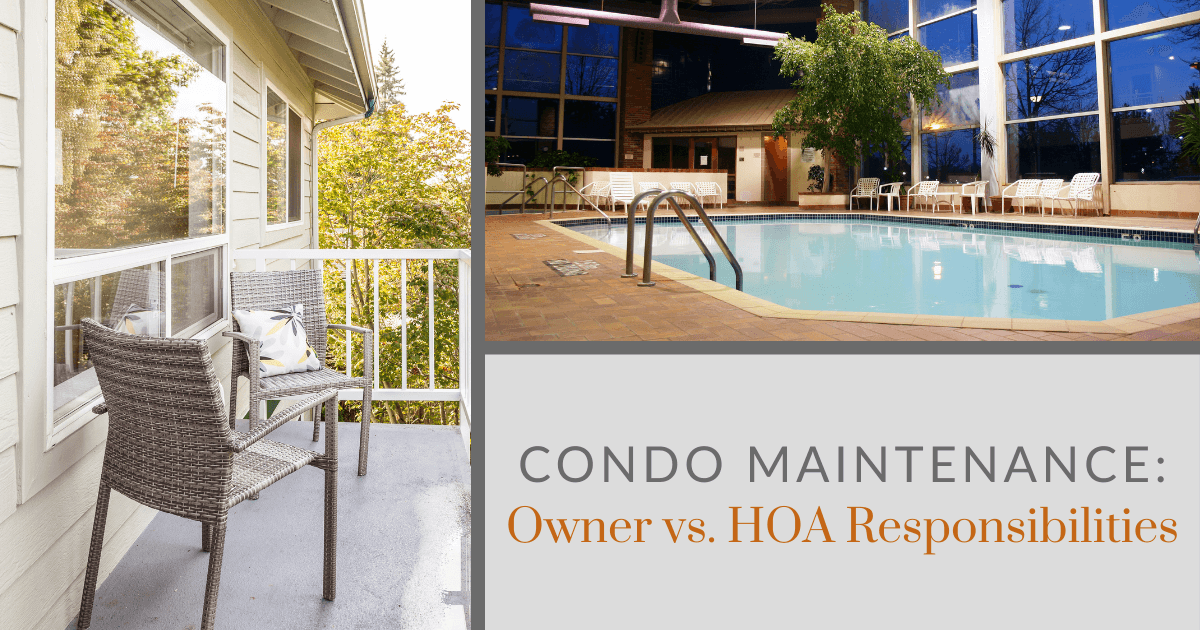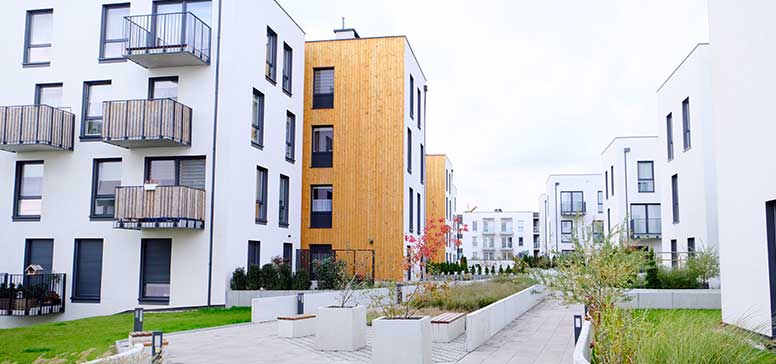Top Myths Regarding HOA Condo Life Debunked
Top Myths Regarding HOA Condo Life Debunked
Blog Article
The Function of an HOA in Establishing and Enforcing Area Standards for Residents
The function of a Homeowners Organization (HOA) in imposing and developing community guidelines is fundamental to maintaining a orderly and cohesive residential environment. By creating clear guidelines that control facets such as building upkeep and community conduct, the HOA not only sets standards for residents but additionally cultivates a sense of belonging and liability.
Comprehending Home Owners Associations
Homeowners associations (HOAs) act as controling bodies for residential areas, playing a crucial duty in keeping building values and promoting a sense of neighborhood. Normally developed by designers, HOAs are composed of house owners within a designated location that elect a board to look after the organization's activities. The main features of an HOA consist of imposing area regulations, taking care of usual areas, and arranging community events.
HOAs run under a set of controling files, consisting of restrictions, problems, and agreements (CC&R s), which lay out the civil liberties and responsibilities of property owners. These laws intend to make sure that buildings are preserved to a certain requirement, thereby safeguarding the visual appeal and total value of the area. Additionally, HOAs usually gather charges from house owners to money maintenance, landscaping, and various other area solutions.
The visibility of an HOA can considerably affect the living experience within a neighborhood (hoa condo). While some citizens value the structured setting and features given, others may discover specific guidelines restrictive. Balancing the passions of all home owners is vital for an HOA to function efficiently, guaranteeing that it serves its designated objective of enhancing neighborhood living while respecting specific property owner legal rights
Creating Neighborhood Guidelines

To start, an HOA should carry out studies or hold conferences that enable locals to voice their recommendations and concerns. This participatory process cultivates a feeling of possession and increases compliance. Next off, the HOA board must analyze the feedback to determine usual themes and top priorities that call for official addition in the guidelines.
It is also vital to ensure that the guidelines are clear, concise, and quickly recognized. Obscurities can result in conflicts and misconceptions, weakening the function of the guidelines. The standards should be detailed, covering various aspects of community living, consisting of residential or commercial property maintenance, sound degrees, and usage of common locations.
Enforcement of Rules
Efficient enforcement of community regulations is important for preserving order and guaranteeing that all citizens abide by the developed guidelines. An HOA should apply an organized method to implement these guidelines, which frequently involves a mix of tracking, interaction, and charges for non-compliance.
First, normal examinations and area patrols can aid identify infractions, making certain that rules are consistently used across the community. This proactive tracking permits the HOA to address issues before they rise, promoting a sense of accountability among residents.
Second, clear communication is vital. Homeowners must be informed of the guidelines and the procedures for reporting infractions. An open line of interaction motivates homeowners to voice worries and seek clarification on standards, which can go to this site boost compliance.

Finally, when infractions take place, the HOA has to impose effects as outlined in the controling papers. By effectively imposing guidelines, an HOA can grow a harmonious living environment that reflects the collective worths of its locals.
Advantages of HOA Regulations
Various benefits emerge from the application of HOA laws, which serve to enhance the high quality of life within a neighborhood. One primary benefit is the upkeep of home worths. By imposing requirements for aesthetics and upkeep, HOAs ensure that homes and usual locations stay attractive, promoting a preferable living atmosphere that can lead to increased building worths in time.
In addition, HOA policies promote consistency and harmony within the neighborhood. This comprehensibility in style and maintenance aids to produce a feeling of belonging amongst citizens, adding to area pride and a positive environment. Furthermore, established guidelines assist in problem resolution among neighbors by giving clear assumptions and protocols for behavior, thereby minimizing disagreements.
An additional substantial advantage is the arrangement of common facilities and solutions. Lots of HOAs take care of area centers such as swimming pools, parks, and clubs, which improve leisure chances for locals. These facilities not just boost the lifestyle however additionally urge social interaction.
Ultimately, the guidelines set forth by an HOA grow a well-organized, unified community, ensuring that locals delight in a high criterion of living while cultivating a supportive environment for all property owners.
Usual Challenges Dealt With by HOAs
Amidst the advantages that property owners organizations (HOAs) can provide, they also come across a variety of obstacles that can impede their performance. One substantial problem is the absence of resident engagement. Many homeowners might not join conferences or neighborhood tasks, resulting in a disconnect between the HOA board and locals. This disengagement can lead to misunderstandings concerning community standards and a lack of support for enforcement efforts.
Disagreements can develop when locals really feel that enforcement is irregular or biased, potentially leading to disputes within the community. Additionally, HOAs frequently deal with monetary restrictions, which can limit their capability to keep common areas or fund community projects.
In addition, navigating legal complexities can be daunting for HOAs. They must make sure compliance with state regulations while managing their very own regulating records, which can be a resource of confusion. Progressing and changing demographics area needs require HOAs to adapt their standards, often satisfying read the article resistance from long-lasting homeowners that are accustomed to traditional norms. Addressing these difficulties is critical for promoting a flourishing and harmonious community.
Final Thought

By developing clear policies useful link that govern aspects such as residential property upkeep and area conduct, the HOA not only sets standards for locals but also promotes a feeling of belonging and accountability.Homeowners associations (HOAs) offer as controling bodies for property communities, playing an essential function in keeping residential or commercial property values and promoting a feeling of area. Several homeowners may not take part in meetings or neighborhood tasks, leading to a disconnect between the HOA board and homeowners. Altering demographics and progressing area needs require HOAs to adapt their standards, usually meeting resistance from long-lasting citizens that are accustomed to traditional standards. Through the development of clear guidelines and regular enforcement, HOAs advertise home maintenance, neighborhood pride, and trust fund among residents.
Report this page